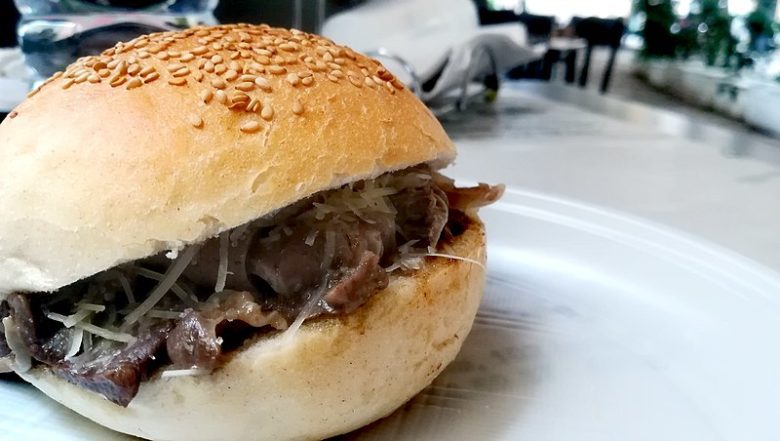The short animation masterpiece won the last Academy Awards. In just eight minutes, director Domee Shi manages to say something meaningful about the complex mother-son relationship through the metaphor of food
The short films played before the awaited show can be surprising, like it happens when debuting musicians play before the concert. As it is sometimes the case of a minor artist opening the concert of a well-known star and surprising the audience, so it happened to Bao. The short animated film (Pixar Animation Studios and Walt Disney Pictures), launched on the big screen last September before The Incredibles 2. In less than 8 minutes, the director and writer Domee Shi, daughter of Chinese immigrants and first woman to direct a short film for the Californian studio, tells the touching story of a mother and her child through the metaphor of the typical Chinese dumpling. The audience struggles with the son for the right self-sufficiency and, at the same time, suffers with the mother for the inevitable separation. It’s the most touching lesson of the movie: to love means to let go.
WHAT DOES BAO MEAN? From the spaghetti dish in Lady and the Tramp to the Asian dumplings, which inspired the film, animation movies have shown an increasing interest in food. Therefore, after 20 years since the first rice bowls in Mulan, Chinese cooking has never ceased to intrigue the audience. Bao or baozi is a sort of steamed dumpling filled with meat and/or chopped vegetables, but it also means “something precious”. Food, the true emotional bond that includes family love and love of your homeland, expresses the relationship between an overprotective mother and her son: from the sandwiches he brings her as a sign of reconciliation, to the mother gorging herself whenever he leaves, by way of them preparing bao together. The first scene shows a Chinese-Canadian woman preparing dumplings and finishing the meal alone after her husband runs to work. But the last dumpling turns magically into a baby. Growth is a never-ending struggle for self-sufficiency slowed by the mother, who petrifies when the son introduces his non-Asian blonde girlfriend. However, finally both the mother and audience accept her: when they are finally reconciled, also thanks to the father, everybody sits at the table and she proves to be able to make baozi (that is to say: “After all, we are alike”).
WE ARE WHAT WE EAT? The director told that when she was a child her mother said she would like to have her in the stomach again to know about her all the time. This memory seems to have inspired Shi for the most dramatic scene, when the baozi wants to move and the mother, unable to hold him, eats him. It’s not the female version of Goya’s Saturno: taking care through cooking is a clear sign of love. She is greedy for her son: «Greed is a term with a specific meaning, which connects psyche to physique, love to hate, what is acceptable to what is not», wrote Donald Winnicot in From Pediatrics to Psychoanalysis (1981). She can’t accept that her child grew up and that he is not her extension anymore. «Appetite is an attempt to defend yourself from anxiety and depression», thus the British pediatrician and psychoanalyst explained that eating represents a way to assert control. If we are what we eat, as famously said Feuerbach, the mother seems to desire that postpartum phase when she and her son were as one. A phase that can be pathological if it goes longer and may result in a warped sense of reality: the movie recalls the allegory of the empty-nest syndrome, the sense of anguish and pain parents suffer when their children leave home. And that is what distorts reality: when son’s girlfriend comes home, she wears shoes because mother represents her in this way, but when allegory blurs and the bao turns into a man, she just wears socks as a sign of respect for Chinese traditions.
FOOL THEM WITH FOOD. In the short film honoring China, bao symbolizes harmony: after all, curiosity about foreign food overcomes the first barriers, doesn’t it? That’s probably why the word sounds so appetizing. Who knew that what you should never call Xi Jinping is “dumpling”? In 2017, the man who invented the nickname “Xi Baozi” went to jail. The label dates back to 2013, when the Chinese president ate many baos at a restaurant in Beijing. His gesture, which aimed to get him closer to common people, was interpreted as a put-on to bamboozle the crowd. So, the typical dumpling appeared on many billboards of activism and, as a result, among the list of government controls. However, last year Xi invited Putin to make baos. Does revolution start with food? So it would seem. No politics is indifferent to food. The Italian Minister of the Interior, who took a selfie with an arancino in Catania, knows it well.
Translated by Daniela Marsala



